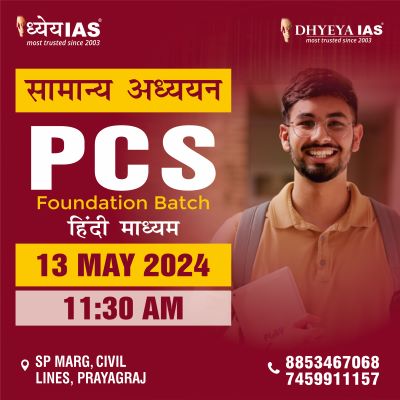(Daily News Scan - DNS English) What is Plasma Bank?
Delhi is in list of highest coronavirus cases in India. In order to reduce the covid cases and cure patients quickly, Delhi will soon have a Plasma Bank. The Delhi government will be setting up a Plasma Bank within the next two days. This bank will be setup at the Institute of Liver and Biliary Sciences (ILBS). Delhi was among the first few states to receive the ICMR approval to conduct trials for Plasma therapy. Plasma Bank is the first of its kind initiative in the entire nation and the CM of Delhi has also urged the recovered people to donate their plasma.
In this DNS we will now about Plasma Bank and why is it required.
Delhi is all set to come up with Plasma Bank. This plasma bank is one of its kind in the entire nation. Similar to blood banks, where blood is extracted and stored for the ones who are in need. In plasma bank also, plasma will be extracted and kept for the ones in need. The plasma will be collected from people who have been recovered from Covid-19 and given to someone suffering from Covid.
The government and the people are urging the ones who have recovered from Covid -19 to donate their plasma. However, the one who recover mostly are unwilling to donate their plasma. Which leads to more demand than supply.
The plasma bank will be started to help the ones who are in urgent need of plasma. This will help them in easy availability of plasma without running to places and urging several people.
If a person is willing to donate his/her plasma there are certain basic requirements to be eligible for it. A healthy person in the age group of 18-60 years and with no other illness or disease. Consent is necessary. The patient should have recovered at least three weeks before donating and tested negative for Covid-19 twice.
Delhi was among the first few states to get ICMR approval for conducting trials with plasma therapy. But it is still in trial stage. When a person is infected with the virus, the blood produces antibodies and certain cells remember the antigen and produce antibodies when they come in contact with the same virus again. The plasma therapy trial is studying whether the plasma containing antibodies from recovered patients is beneficial to others as well. Doctors in Delhi hospitals have found out that plasma therapy is not as effective on critical patients, but those with moderate symptoms appear to be responding well.
As we said earlier, plasma therapy is still under trial. Senior government officials, who are tracking the trial mentioned that in a controlled study conducted on 29 patients at Lok Nayak Hospital, administration of the therapy was found to be safe. Among the 29 patients, 14 patients were administered convalescent plasma (CP), the others were administered fresh frozen plasma (FFP).
The normal respiration rate for an adult at rest is 12 to 20 breaths per minute. CP was administered to those whose respiratory rate had soared to 35.36 breaths per minute. Post administering plasma, the respiratory rate improved substantially with a drop of 8.22 in the first 48 hours and a drop of 14.92 in 7 days. These results were better than the results seen in patients who were administered regular FFP.
Improvement was also observed in oxygen saturation levels. Normal O2 saturation rate is 95%. CP was given to patients whose O2 Saturation level was 85% and improvement of 6.61% was seen within 48 hours and 9.92% seen in 7 days. These results were better than those for FFP patients. The duration of stay in the hospital was also reduced in those given CP.
Convalescent plasma is obtained from a covid patient who has recovered fully. Whereas fresh frozen plasma is extracted from a person who has no exposure to the particular disease. In the trial procedure, it was observed that the ones who were given convalescent plasma showed more improvement than the ones who were administered FFP.























